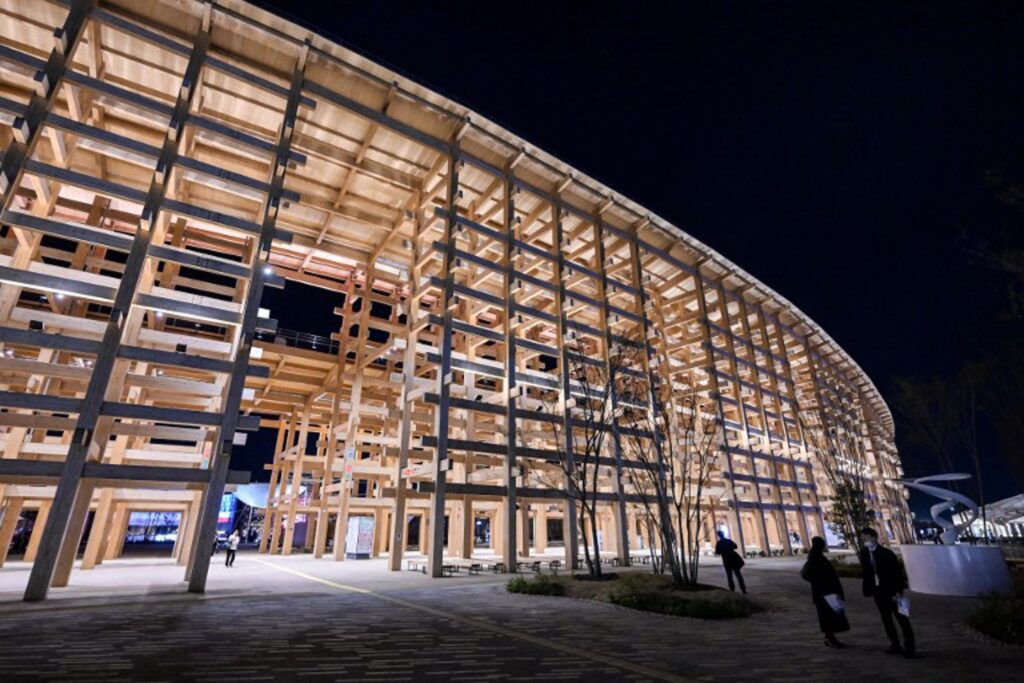The World Expo 2025 commences today (Sunday) in Osaka, Japan, with Belgium showcasing its medical innovation rather than the usual beer and fries.
A wooden circular structure, nearly two kilometres in circumference, has risen in Osaka Bay on the artificial island of Yumeshima, honouring Japanese carpentry and serving as the exhibition's venue. The expo, featuring 158 countries, runs until 13 October.
"Since the Covid-19 pandemic, Japan associates Belgium as the leading global vaccine producer," says Justine Theunissen of BelExpo from Osaka. She explains that nearly all vaccines in Japan come from Belgium, and while Belgium is still famous for waffles and fries, this new reputation has taken root. The Belgian pavilion's theme, 'Human Regeneration', highlights the country's medical innovation.
The pavilion's ground floor emphasises vaccine expertise, featuring major pharmaceutical companies like Janssen, GSK, and Pfizer, which have operations in Belgium. Belgium is also noted for its top-tier research and distribution in the field.
The three regions of Belgium each present their specialities. Brussels highlights advancements in medical robotics and artificial intelligence, showcasing work from Axiles Bionics, a VUB spin-off developing groundbreaking prosthetics. Flanders presents 'Circle of Life', detailing how technology supports health across life stages. Wallonia focuses on AI in healthcare, particularly digital twins, a technology that customises treatments for individual patients.
Related News
- Macron calls Trump's tariff delay 'a fragile pause'
- Elon Musk is $36 billion richer after Tesla's stock market rebound
- 'Cause for concern': Belgian pharma sector braces for Trump's new tariffs
The architectural design of the pavilion draws inspiration from Kintsugi, the Japanese art of repairing objects with gold, aligning with the event’s theme. Built by a consortium led by Carré 7 from La Louvière, the pavilion has three floors.
Belgium’s mascot for this year is BeluBelu, a playful cell symbolising life's fundamental building block, emphasising, as Theunissen notes, that a cell, like Belgium, continuously reinvents itself.

